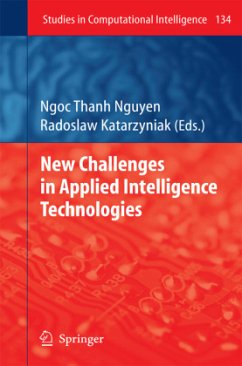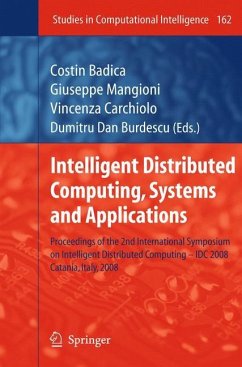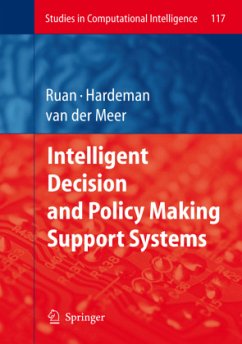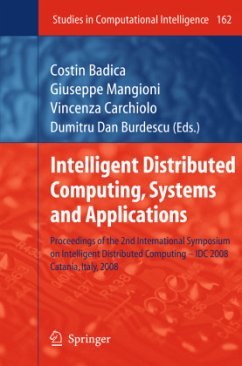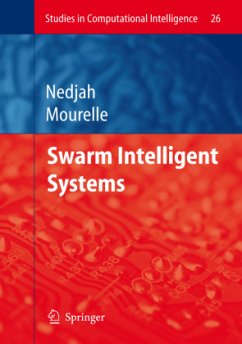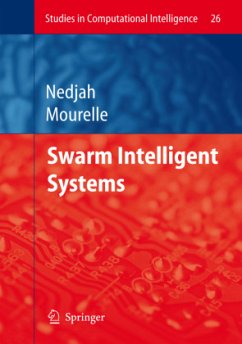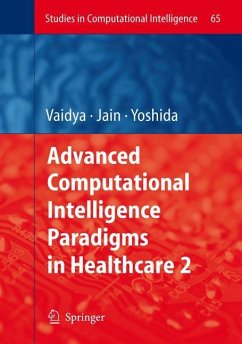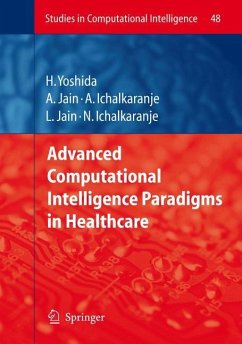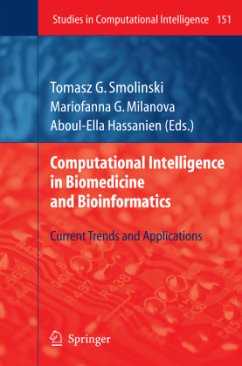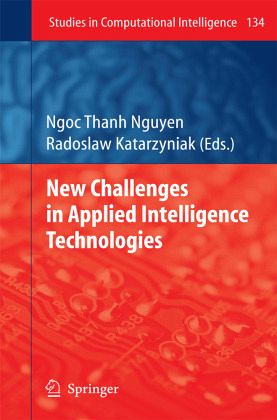
New Challenges in Applied Intelligence Technologies
Versandkostenfrei!
Versandfertig in 6-10 Tagen
113,99 €
inkl. MwSt.

PAYBACK Punkte
57 °P sammeln!
The field of intelligence technologies covers a variety of computational approaches that are often suggested and inspired by biological systems, exhibiting functional richness and flexibility of natural behavior. This class of technologies consists of such important approaches as data mining algorithms, neural networks, genetic algorithms, fuzzy and multi-valued logics, rough sets, agent-oriented computation, often integrated into complex hybrid solutions. Applied intelligence technologies are used to build machines that can act and think like living systems, solve problems in an autonomous way, develop rich private knowledge bases and produce results not foreseen and programmed in a direct way by designers. This book includes 37 chapters which discuss examples of applications of intelligence technologies to five fields, reflecting main streams of practical and scientific interest of computer related community: agent and multi-agent systems; personal assistants and recom mender systems; knowledge modeling and processing; optimization and combinatorial problems; computer and telecommunication systems.
To built intelligent systems that can cope with real world problems we need to - velop computational mechanisms able to deal with very large amounts of data, gen- ate complex plans, schedules, and resource allocation strategies, re-plan their actions in real time, provide user friendly communication for human-device interactions, and perform complex optimization problems. In each of these tasks intelligence techno- gies play an important role, providing designers and creators with effective and adequate computational models. The field of intelligence technologies covers a variety of computational approaches that are often suggested and inspired by biological systems, exhibiting functional richness and flexibility of their natural behavior. This class of technologies consists of such important approaches as data mining algorithms, neural networks, genetic al- rithms, fuzzy and multi-valued logics, rough sets, agent-oriented computation, often integrated into complex hybrid solutions. Intelligence technologies are used to built machines that can act and think like living systems, solve problems in an autonomous way, develop rich private knowledge bases and produce results not foreseen and programmed in a direct way by designers and creators.





